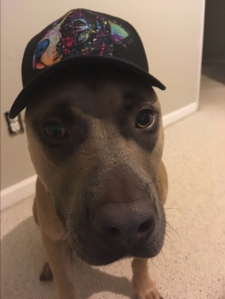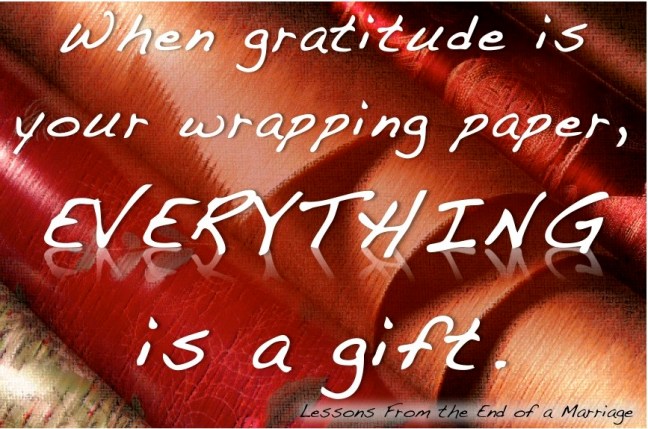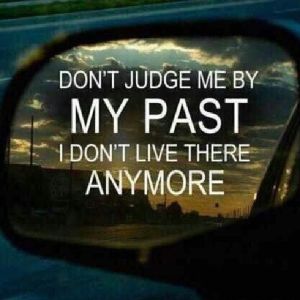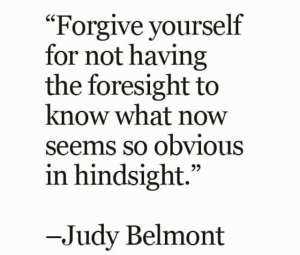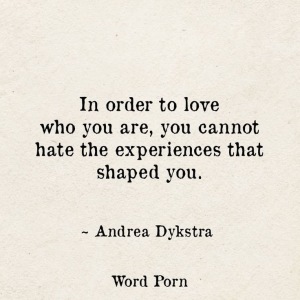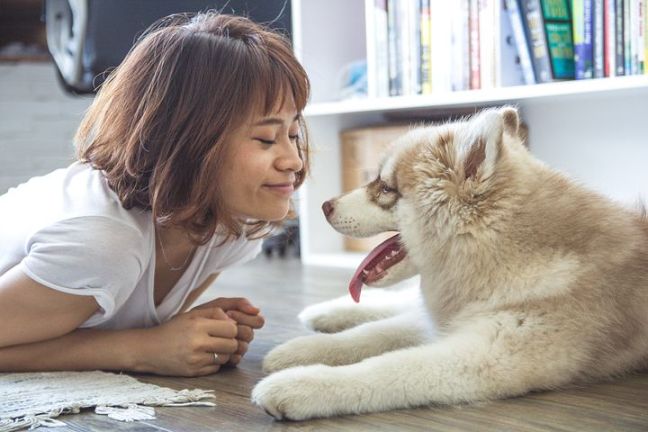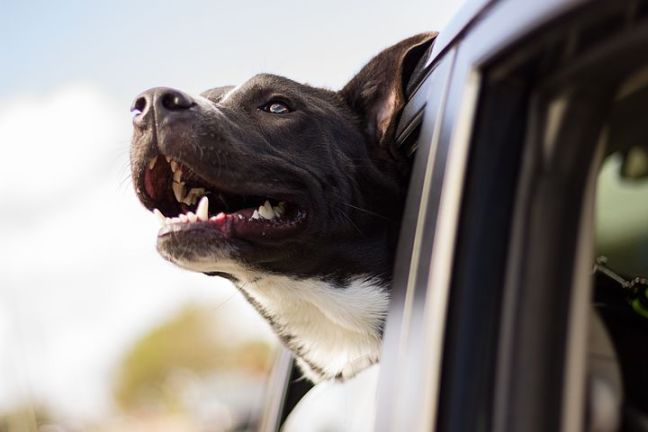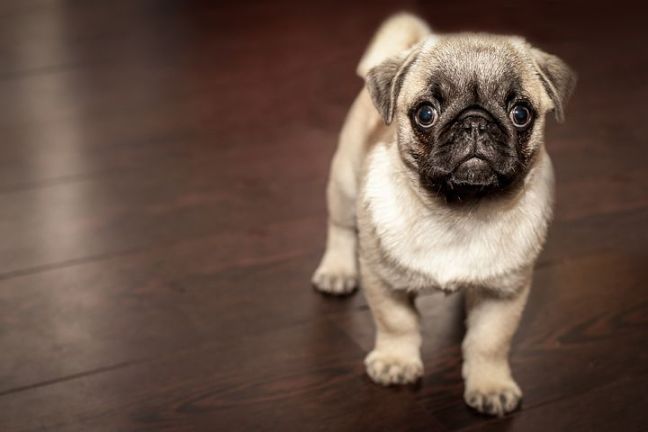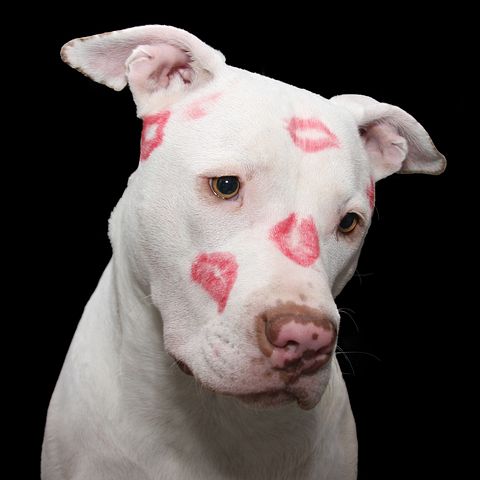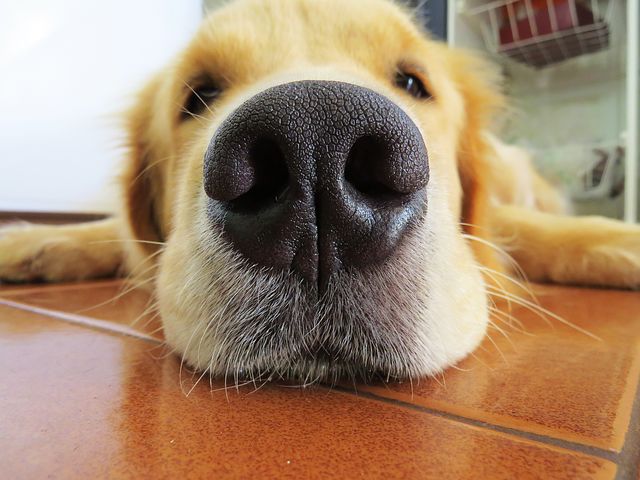Last winter, after the sudden and traumatic loss of our beloved Tiger, we began an earnest online search for a new companion. I immediately recognized the parallels between online dating for a human partner and the technology-enhanced search for a canine companion –
On the ninety-minute drive to meet the puppy, I mentioned to my husband that I was way more nervous about these dates than I had ever been about a date with a man. After all, on my human dates, the only thing at stake was the possibility of another date. A commitment that extended for a few hours and maybe made the decision to end things a little more messy.
But with a dog?
The stakes are much higher.
It’s less, “Hey, I think I like you and I would like to see you again” and more, “Well, you seem pretty cool. How about you move in with me for the next ten years?”
Other than that, the process is pretty similar, whether the companion sought is human or canine. The brief paragraphs describing the potential partner are read and re-read, carefully analyzing the words chosen. The pictures are scanned, trying to determine chemistry and attraction through a few static pixels. Memories of the former partner keep rising to the surface and with them, the inevitable comparisons that you keep swatting away in an attempt to keep your vision and perceptions clear.
Upon meeting, your senses are on high alert, trying to both take in your first impressions and also carefully monitoring for any red flags. There’s the usual awkwardness, as you’re trying to pair up rhythms and form tentative tendrils of nascent trust. There’s the exploratory dance with its unspoken questions: “Do you like me? Do you think we could make this thing work?” and its silent answers: “I do. I think so.”
There’s the strange mix of excitement for the rush of new love and trepidation for changing the status quo. The underlying and pervasion question of, “Am I doing the right thing?” And the fear, that sits heavy in the gut, of opening the heart again when the pain of loss is still so fresh.
We finally pulled up outside the address that was given to us for the first date. We sat in the car, waiting for the reply to the text saying that we had arrived.
I had conflicting emotions. On the one hand, I wanted the dog to clearly not be a good match so that the decision was already made for us. On the other hand, I wanted the dog to be a perfect fit for our family so that we could begin the process of sharing our lives with a pup again. Of course, what I wanted had no bearing on what we were going to find once we went through that door.
As a result of that “date,” we brought Kazh into our lives. He’s been an amazing companion for the last year and we’ve loved to see him grow into a happy and stable dog.
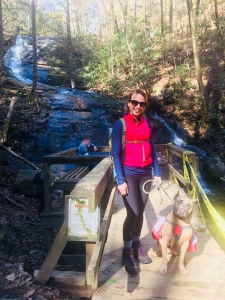
But we’re back on the market.
Not to replace Kazh.
But to find him a sister.
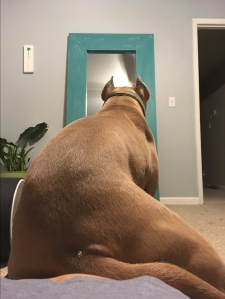
It’s harder this time around. The fear of making the wrong decision is more acute. Because now, he’s our primary concern and responsibility. We have to make sure we make the right choice for him, even if it causes our heart to break.
It’s the difference between re-entering the human dating market without kids and with them. Before, it’s only about what you want. After, it becomes about what is right and fair for them.
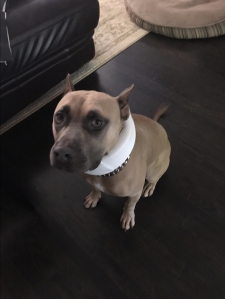
And making that choice for another is a huge responsibility.
(Huge kudos to all the single parents out there putting their kid’s needs first. It’s not easy and it is SO important. They may not thank you now, but they will appreciate it later.)
We met a girl that we like. But ultimately, it’s up to Kazh. If he says, “no” when he meets her this week for a trial pack walk, then we move on.
